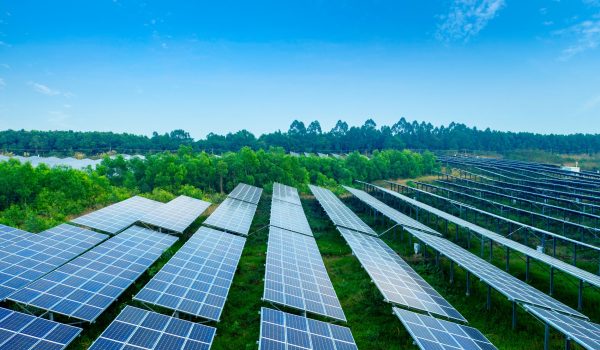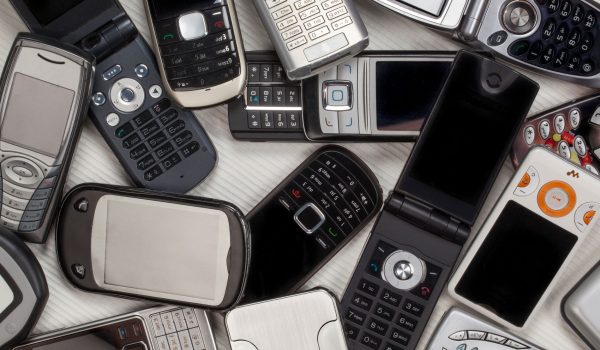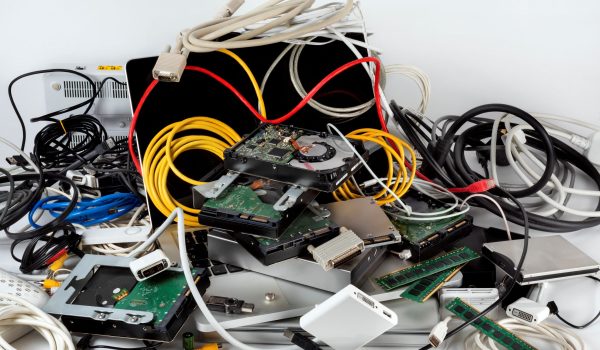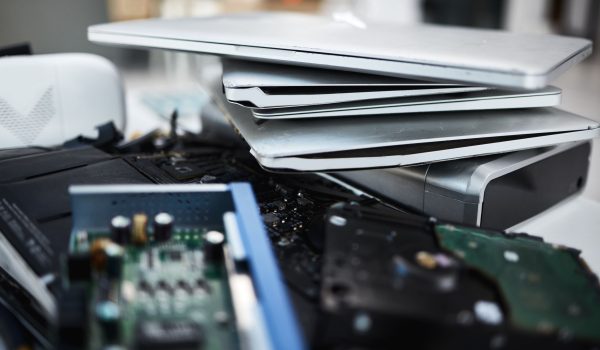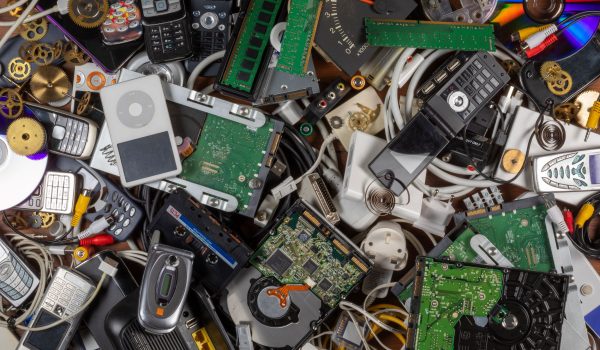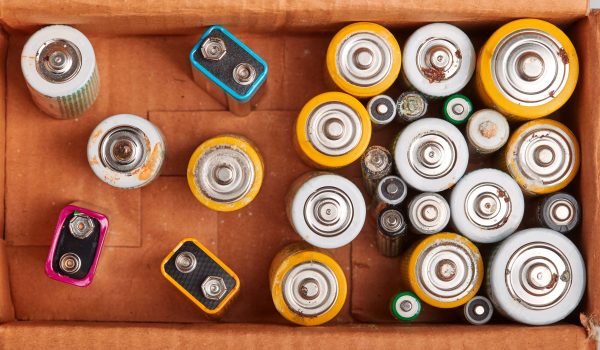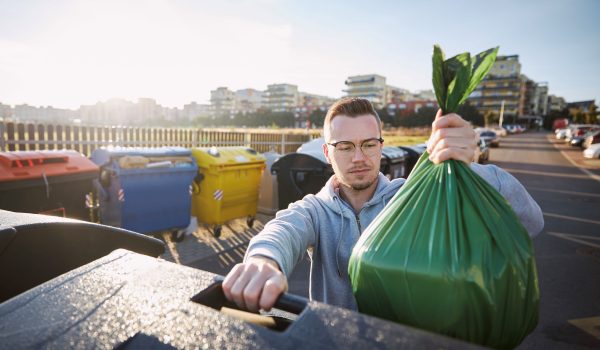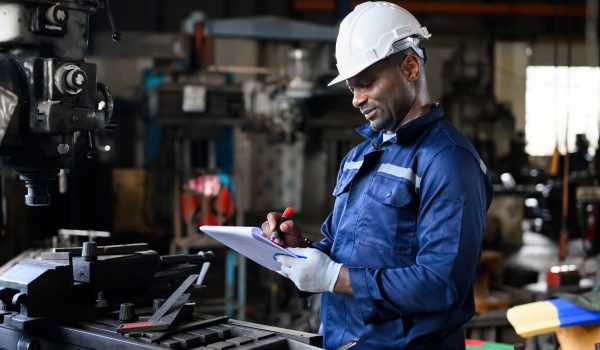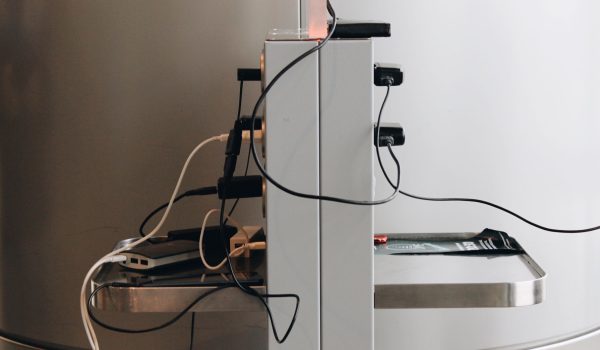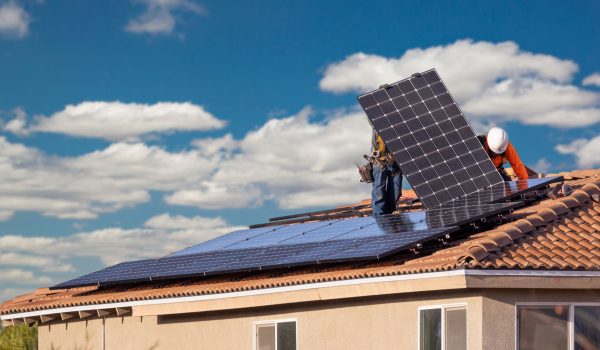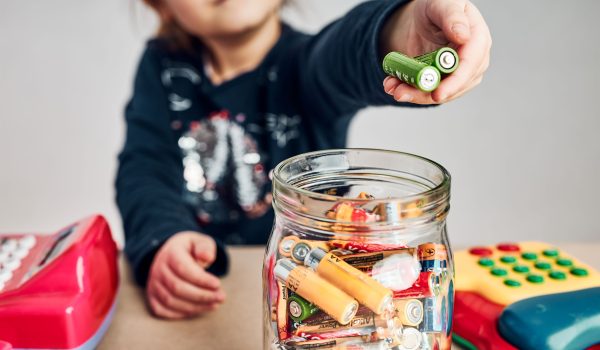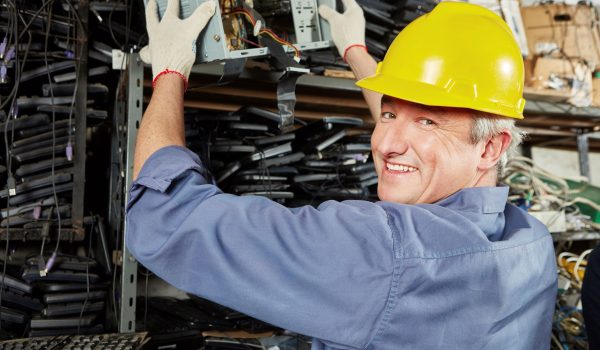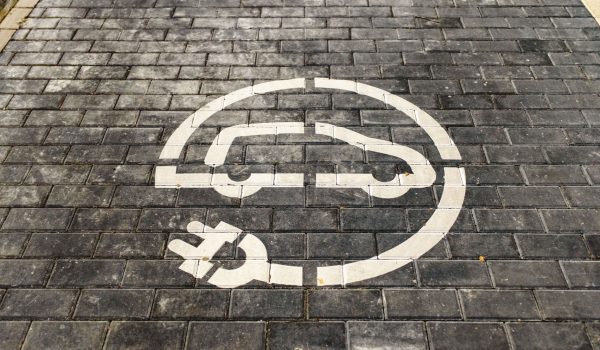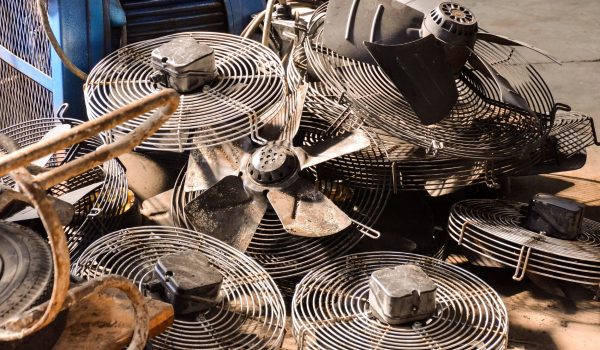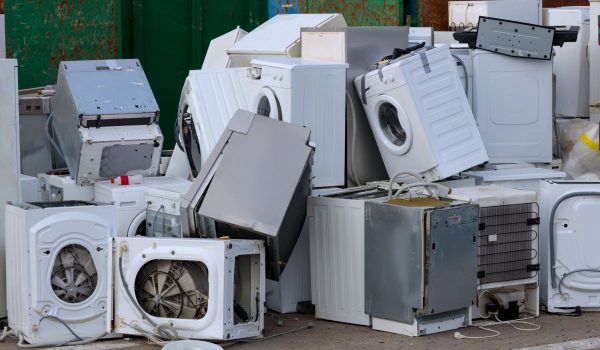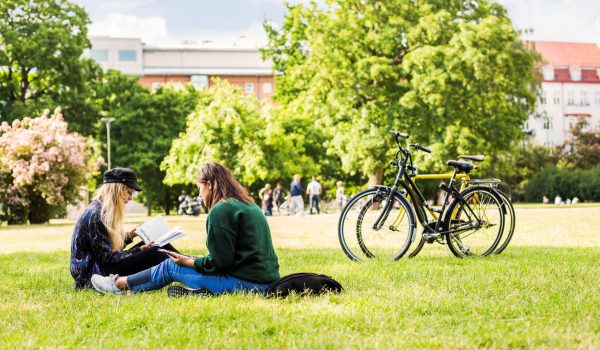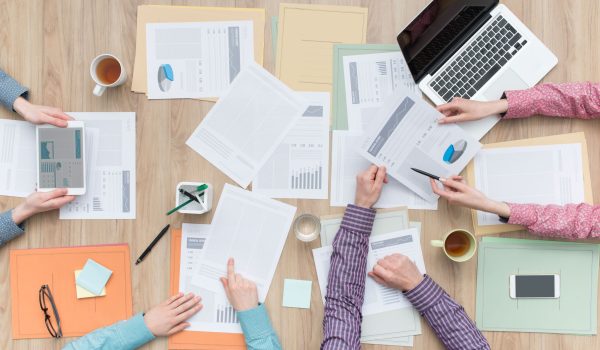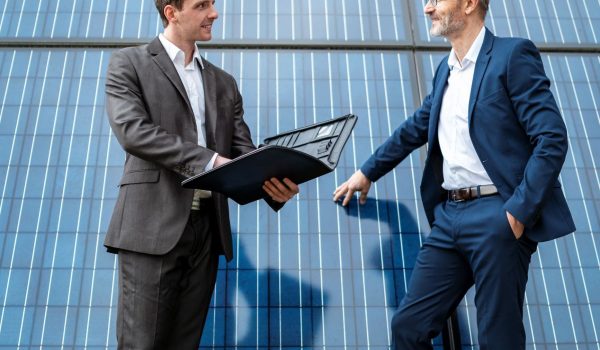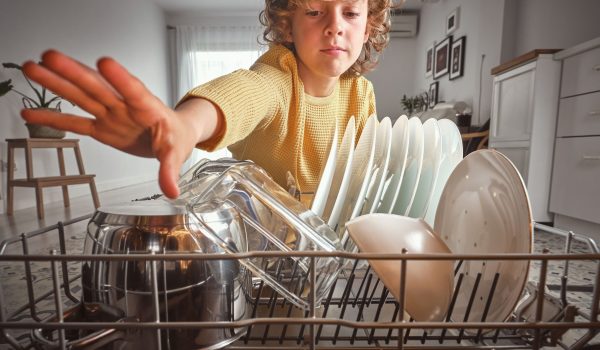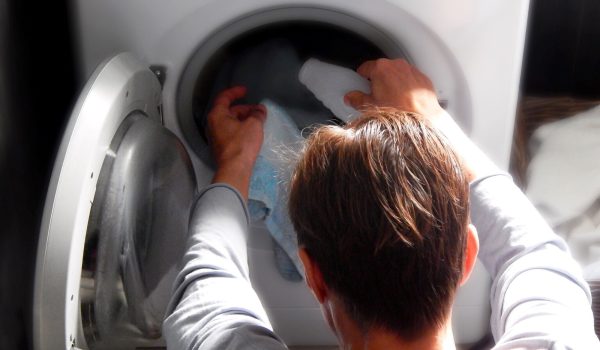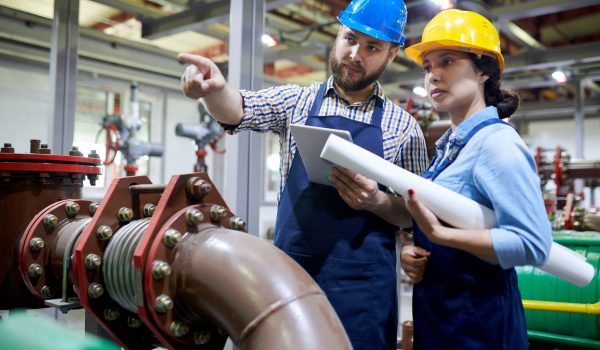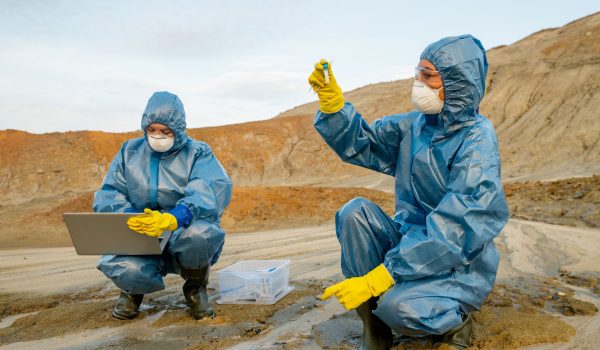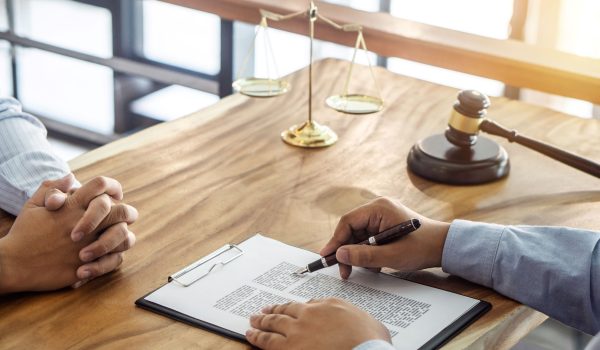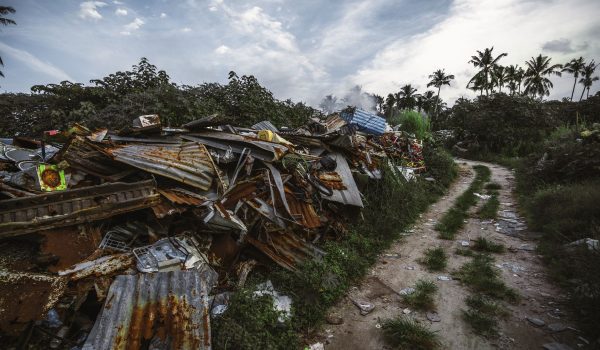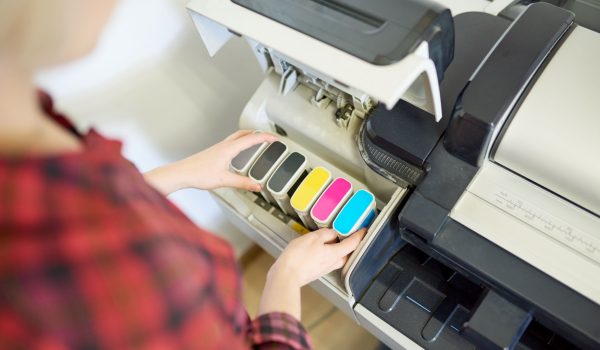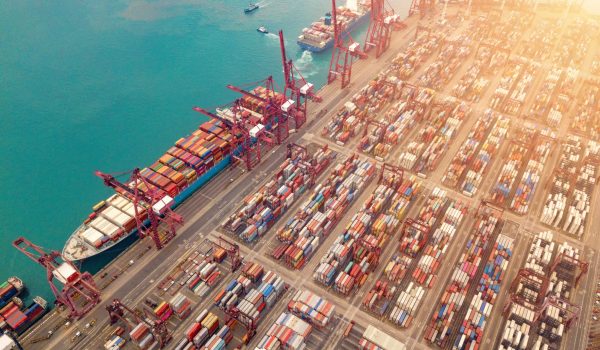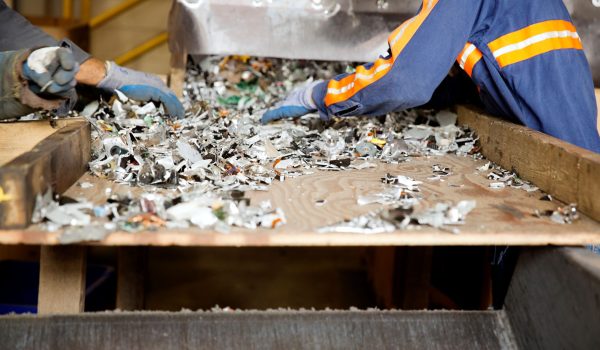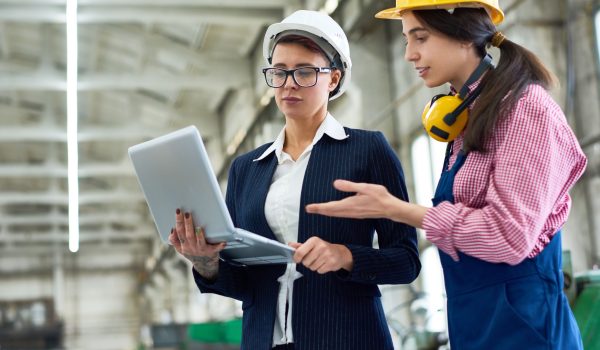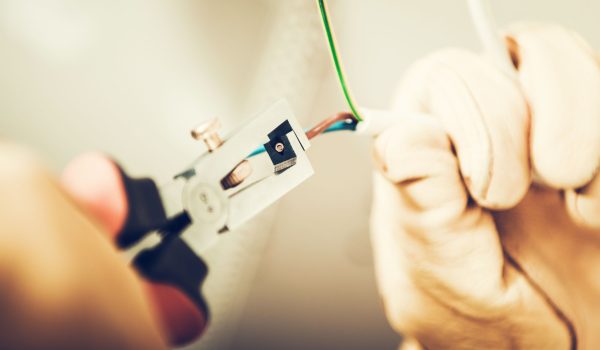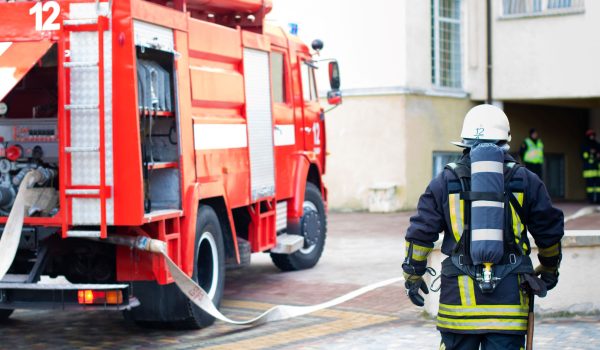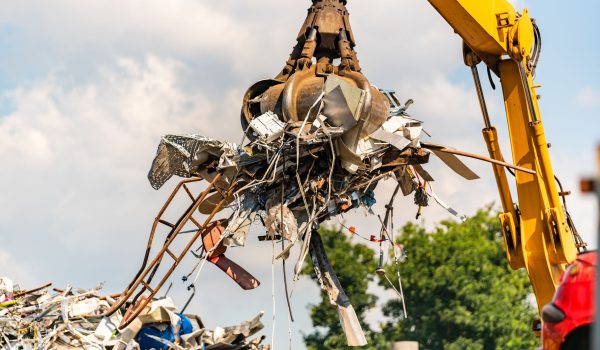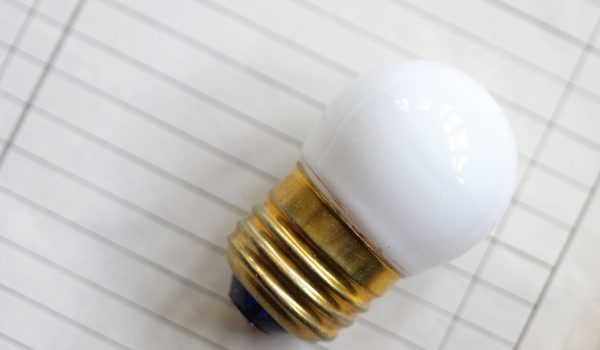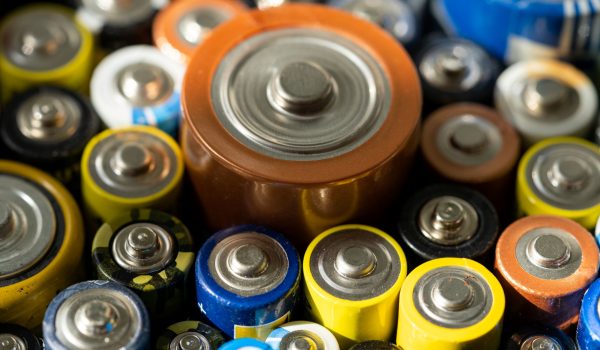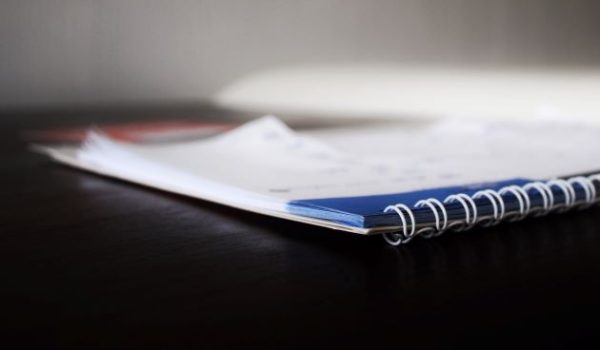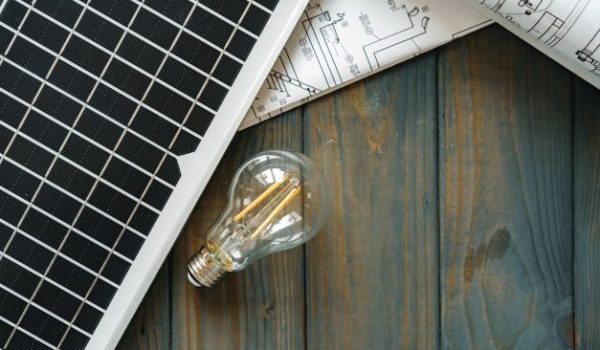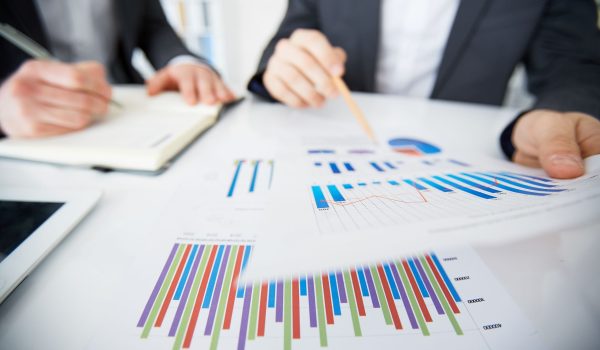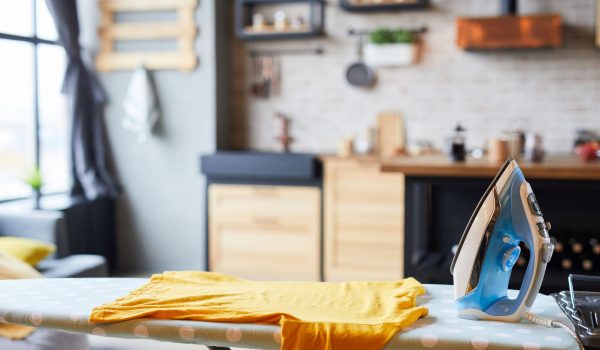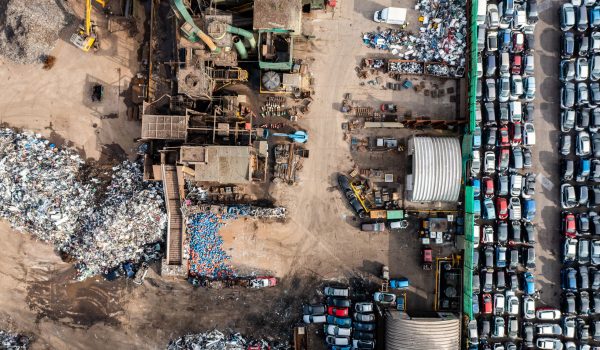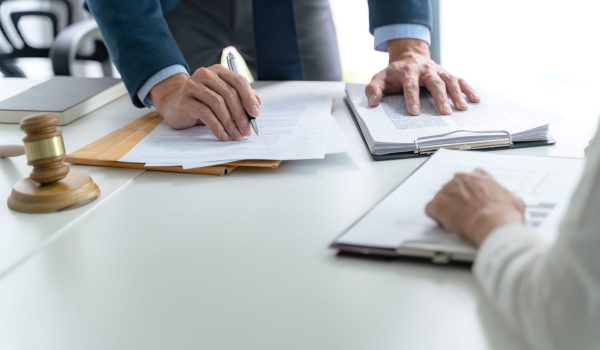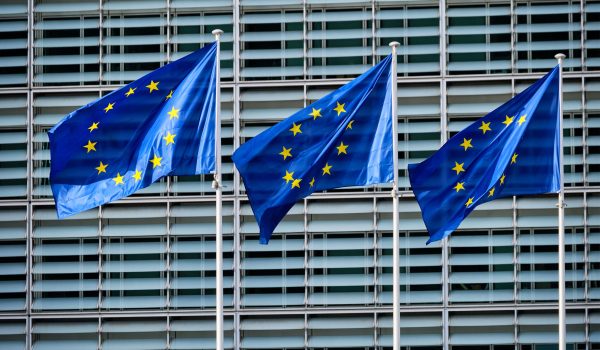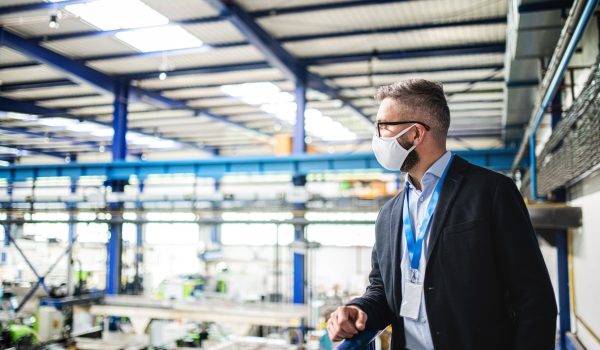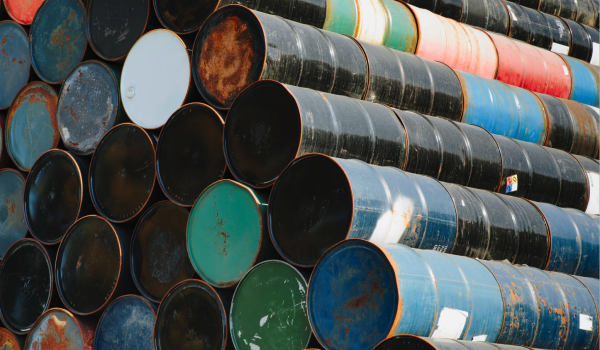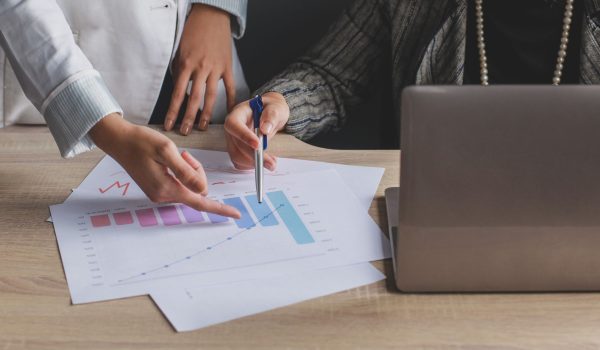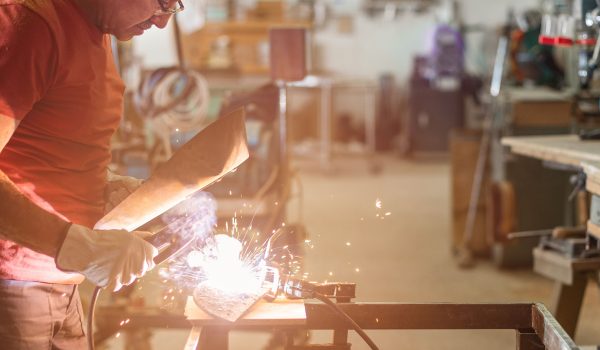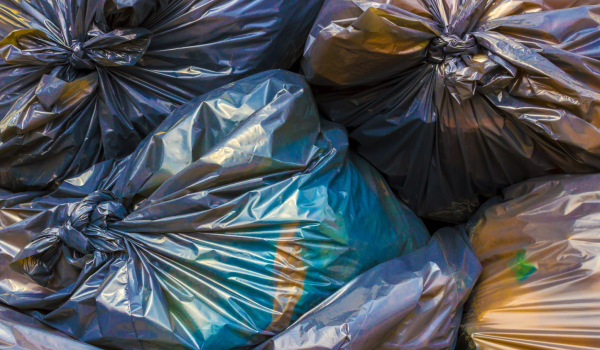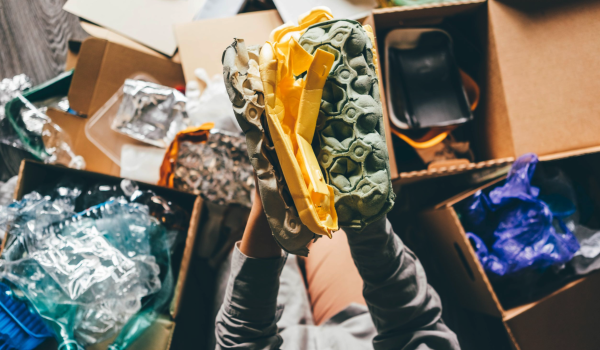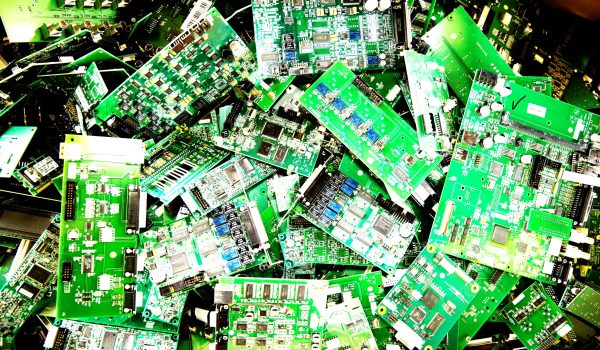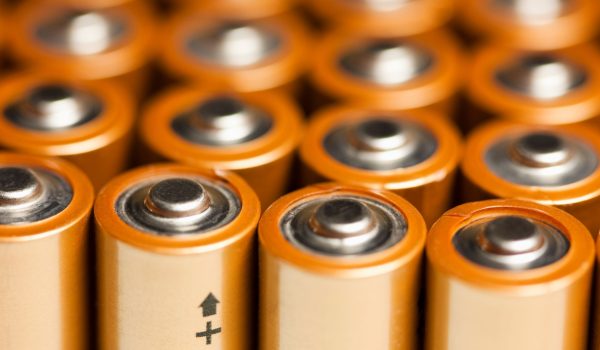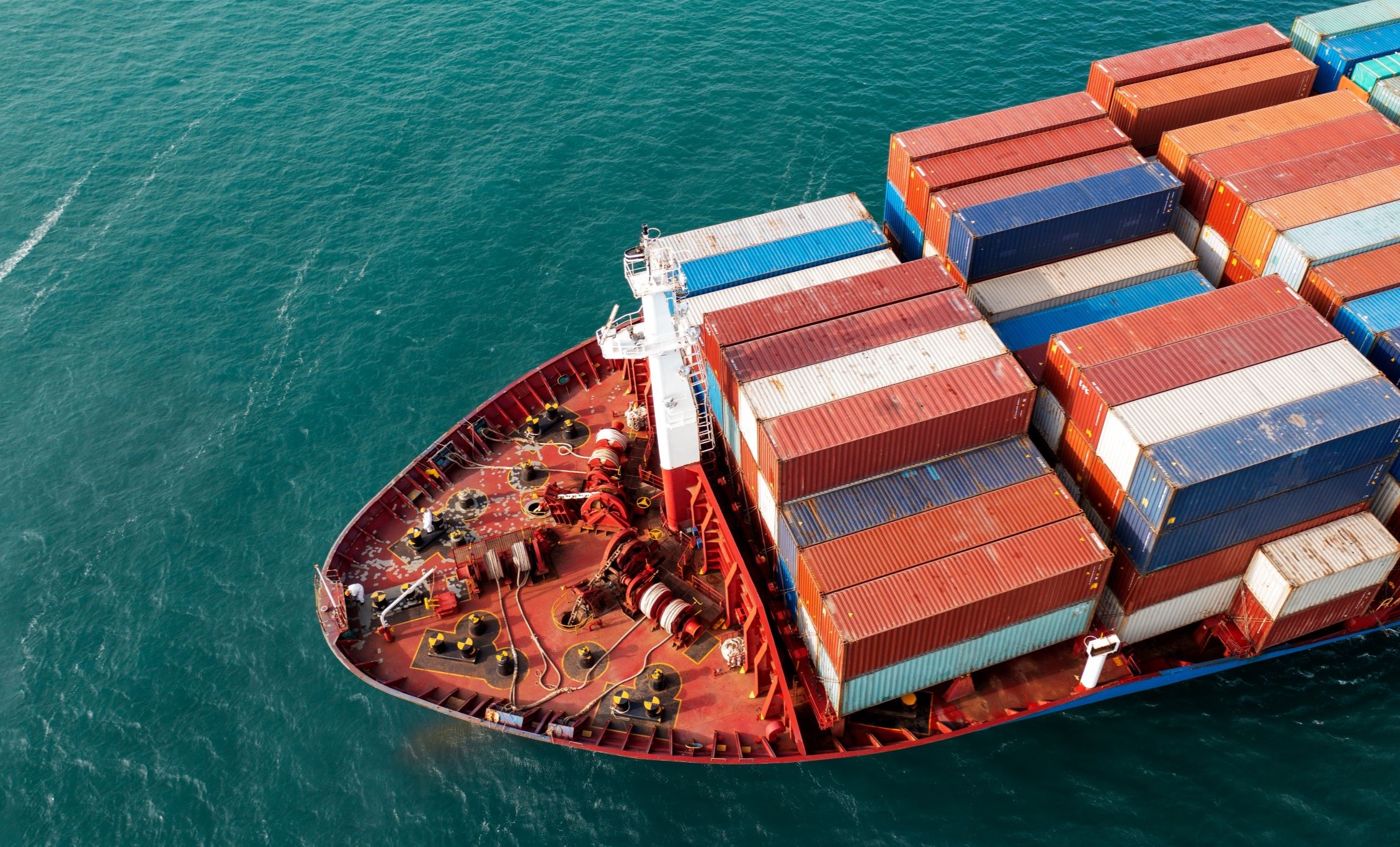
Producer responsibility
Producer responsibility is central to the publications under this theme. These publications are about the role that producers play in managing their waste responsibly.
66 research articles in 'Producer responsibility'
The role of extended producer pesponsibility (EPR) in the energy transition
Analysis of the implementation of EPR for batteries in electric vehicles, solar panels, and wind turbines
E-waste in the United Kingdom
This report describes how electrical appliances are used and disposed of in the UK.
National (W)EEE Register report 2022
An annual report from the National (W)EEE Register (NWR) on (waste) electrical and electronic equipment (WEEE)
National (W)EEE Register report 2021
An annual report from the National (W)EEE Register (NWR) on (waste) electrical and electronic equipment (WEEE)
National (W)EEE Register report 2020
An annual report from the National (W)EEE Register (NWR) on (waste) electrical and electronic equipment (WEEE)
National (W)EEE Register report 2019
An annual report from the National (W)EEE Register (NWR) on (waste) electrical and electronic equipment
National (W)EEE Register report
An annual report from the National (W)EEE Register (NWR) to the Ministry of Infrastructure and Water Management on (waste) electrical and electronic equipment
Universally binding declaration for waste management fee for portable batteries
Notification of the universally binding declaration for the waste management fee for portable batteries valid from January 1, 2024, to December 31, 2028
From throw-away society to sustainable, circular production and consumption
In this advisory, The Council for the Environment and Infrastructure (Rli) explores ways to reverse the throwaway trend in our economy.
Reshaping EPR
Identifies the actions needed to improve the tool of EPR, making it a game changer for circular economy goals.
E-waste from solar panels in a circular economy
Circular challenges and obstacles but also potential for e-waste from solar panels based on research from Brazil
European Batteries Regulation 2023
The new European Battery Regulation relates to the availability of European raw materials, (economic) circularity and the sustainability of the entire battery value chain
Universal charger in the EU
The EU wants to promote the use of universal chargers for mobile phones and other portable electronic devices
Do solar panels fit within the WEEE directive?
Position paper in which PV CYCLE argues why solar panels should be excluded from the WEEE directive
Integration of sustainability at retailers/producers
Needs, opportunities and problems when integrating sustainability into retailers' offerings
Stibat Annual Report 2022
This report contains all important figures regarding the collection of batteries in the Netherlands on behalf of the Batteries Foundation
Transition paths for Extended Producer Responsibility
The main strengths and limitations of how Extended Producer Responsibility (UPV) is organized in the Netherlands
The producer’s perspective on e-waste management
Insights into the barriers and factors that hinder or facilitate producers in managing their electronic waste
Battery 2030: Resilient, sustainable, and circular
The demand for batteries is growing, and with it the need for better solutions in the value chain
ILT-rapport over inzameling en verwerking AEEA
De ILT doet onderzoek naar het stelsel van vergunningverlening, toezicht en handhaving op het gebied van e-waste in Nederland
Het verminderen van de impact van onrechtvaardige e-waste verwerking
Huidige en opkomende trends en bedreigingen van zowel informele als formele e-afvalbeheerpraktijken en eventuele maatregelen en interventies
De voordelen van duurzamere elektronica
Hoe maatregelen zoals eco-design en uitgebreide producentenverantwoordelijkheid kunnen helpen om de levensduur van apparaten te verlengen en de impact op het milieu te verminderen
Urban Mining naar een duurzame toekomst en circulaire economie
Position paper die een beoordeling biedt van de huidge wereldwijde e-waste management systeem, daar aanbevelingen voor doet en eventuele kansen belicht
Gids voor het duurzaam beheren van AEEA in de context van opkomende economieën
De belangrijkste factoren voor het verschaffen van duurzaam AEEA-beheer in opkomende economieën mede uit perspectief van meerdere stakeholders
Recycling van kritische grondstoffen in de toekomst
Het eindrapport van het CEWASTE-project dat apparatuur uitzoekt die hoge concentraties kritieke grondstoffen bevatten en nagaat of de terugwinning van kritieke grondstoffen uit die producten haalbaar is met de huidige technologieën.
Nationaal Programma Circulaire Economie 2023-2030 (NPCE)
Het NPCE geeft invulling aan de manieren waarop Nederland een circulaire economie wil realiseren tussen 2023 en 2030
Beleidspraktijken voor e-waste management
Een toolkit voor beleidsmakers met eerlijke, inclusieve en economisch haalbare beleidspraktijken om uitgebreide producentenverantwoordelijkheid te bevorderen
Wereldwijde en aanvullende acties voor UPV bij elektronica
Hoe aanvullende acties het huidige UPV-systeem kunnen ondersteunen bij het inzamelen van meer e-waste en suggesties voor zulke acties
Integrale Circulaire Economie Rapportage 2023
De Integrale Circulaire Economie Rapportage (ICER 2023) schetst de voortgang van de transitie naar een circulaire economie in Nederland
Een verbeterde definitie van UPV en de rol van alle betrokken partijen
Hoe de uitgangspunten van e-waste inzamelbeleid het beste kunnen worden geactualiseerd
Freeriding bij het beheer fotovoltaïsche panelen (zonnepanelen)
Onderzoek naar freeriding-praktijken aanwezig bij het beheer van fotovoltaïsche panelen
Verordening ecologisch ontwerp voor huishoudelijke afwasmachines (vaatwassers)
Door de EU vastgestelde eisen voor het ecologisch ontwerpen van afwasmachines (vaatwassers)
Verordening ecologisch ontwerp voor huishoudelijke was- droogmachines
Door de EU vastgestelde eisen voor het ecologisch ontwerpen van was- en droogmachines
Verhinderingen die kunnen leiden tot systeem lock-ins bij e-waste management
Beschrijving van verschillende factoren die problemen veroorzaken in systemen van e-waste management
Regulation on hazardous substances in electrical and electronic equipment
Overview of the rules aimed at restricting the use of certain hazardous substances in electrical and electronic equipment
EPR: role and responsibilities of municipalities and collection organizations
Rights and responsibilities of municipalities and their public collection organizations on the one hand and producers/importers on the other hand when implementing the EPR
Environmental impact and health risk assessment of potentially toxic metals from e-waste
Assessment of the environmental impacts and health risks of potentially toxic metals from different activities related to e-waste processing
Study on the implementation of product design requirements
How product design requirements are implemented in the EU based on the reusability of printer cartridges
Ultimate producer responsibility for e-waste management
Research into the adverse effects of exporting European used electronics and e-waste to Nigeria
Returns in e-commerce
Market research into the returns challenge in e-commerce and how receptive online retailers are to possible government interventions
Evaluatie van de EU Richtlijn AEEA
Bepalen of de Richtlijn AEEA 2012 voldoende actueel is om de milieudoelstellingen te behalen
Study on options for return schemes of small electrical and electronic equipment
Policy measures for action at the EU level to incentivise the return and take-back of small used and waste EEE
A new circular cconomy action plan
A future-oriented agenda for achieving a cleaner and more competitive Europe
Ecodesign and energy labelling working plan 2022-2024
Working plan to help EU Member States prepare for the upcoming Ecodesign for Sustainable Products Regulation
Action monitoring circular economy 2022
An overview of the actions taken by the government and partners of the raw materials agreement for the transition to a circular economy
Amendment of the WEEE Regulation
Changes and extensions to the WEEE regulation in 2020
Directive hazardous substances in EEE 2011
This Directive lays down rules on the restriction of the use of hazardous substances in electrical and electronic equipment (EEE)
Directive ecodesign requirements for energy-related products 2009
This directive introduced by the European Union sets ecodesign requirements for energy-related products
Recommendations for tackling fires caused by lithium batteries in WEEE
Research and recommendations for the prevention of fires caused by batteries and WEEE containing batteries
Progress Report Circular Economy 2022
This Circular Economy Progress Report 2022 provides an update on the progress of the transition to a circular economy as a supplement to the ICER
Integral Circular Economy Report 2021
This first Integral Circular Economy Report (ICER 2021) outlines the progress of the transition to a circular economy in the Netherlands
Guidelines on the scope of the Electrical and Electronic Equipment Regulation
Tool for the implementation of the Waste Electrical and Electronic Equipment Regulation
Universally binding declaration for waste management contribution for WEEE
Notification of the universally binding declaration on the waste management contribution for WEEE
Universally binding declaration for waste management fee for lamps
Notification of the universally binding declaration for waste management fee for lamps
Universally binding declaration for waste management fee for portable batteries 2018
Notification of the universally binding declaration for the waste management fee for portable batteries
Universally binding declaration for waste management contribution for flat glass
Universally binding declaration for the waste management contribution for flat glass
Frequently Asked Questions on the WEEE Directive 2012
This document is intended to help competent public authorities and economic operators interpret the provisions of the WEEE Directive
Decree on extended producer responsibility regulations 2020
This decision contains rules for an extended producer responsibility regulation for the management of waste materials
Circular Economy Implementation Programme 2021-2023
This update gives an overview of circular economy developments and new activities that are being launched
Transition Agenda for Consumer Goods
The Consumer Goods Transition Agenda has been drawn up to realize a circular economy in the Netherlands in the future
AVV Monitoring report 2021
A report on all discarded electrical and electronic equipment in the Netherlands in 2021, by Stichting OPEN
Transition Plan for Electrical Household Appliances
This transition plan creates a concrete plan based on various themes to achieve a fully circular industry for electrical household appliances
Collecting as a challenge
Research into the efficiency and effectiveness of the existing WEEE implementation toolkit and identifying potential shortcomings.
Regulation Waste of Electrical and Electronic Equipment
The WEEE Regulation is the Dutch implementation of the WEEE Directive.
WEEE Directive
The WEEE Directive is the European directive that regulates the collection and recycling of Electrical and Electronic Equipment.
Climbing the R-ladder with EPR
This study makes three recommendations to transform the current inhibiting conditions into the right incentives for EPR systems
Submit your publication to the knowledge platform
Do you have a publication* that contributes to knowledge about the circular economy, electrical appliances or e-waste? Register it at the knowledge platform!
*Criteria apply. Read more about the submission criteria here.
